Concerns Mount Over IEBC's Capacity to Manage 2027 General Elections
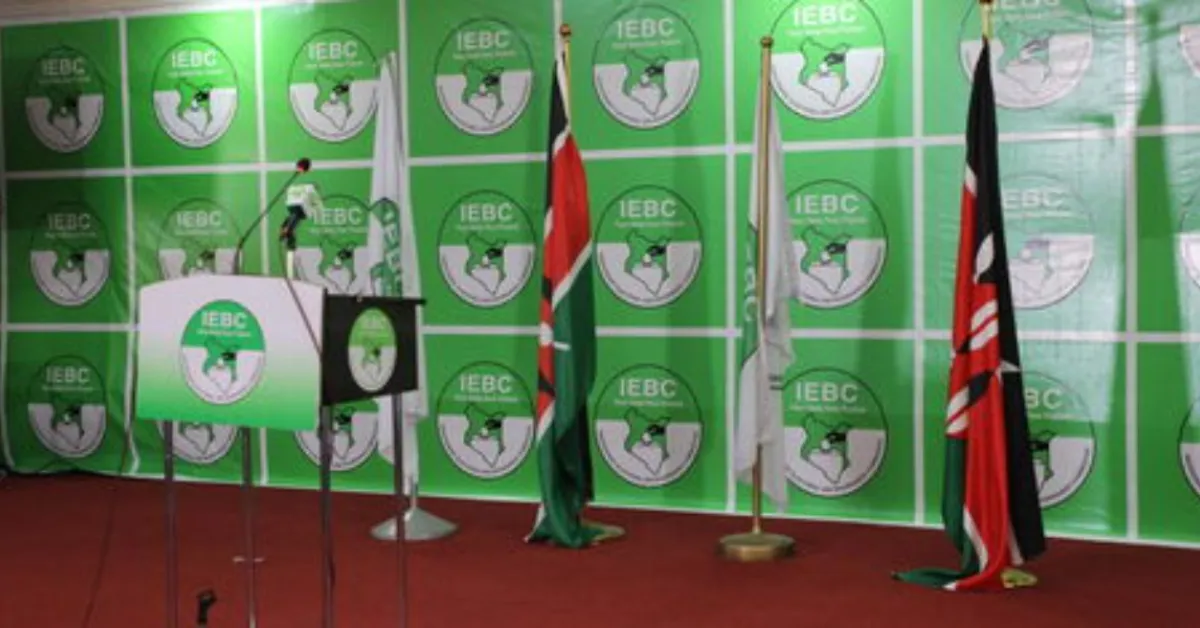
As Kenya gears up for the 2027 general elections, concerns are mounting regarding the readiness of the newly appointed commissioners at the Independent Electoral and Boundaries Commission (IEBC).
Former IEBC Chief Executive Officer James Oswago has publicly questioned the capacity of the incoming officials to conduct a credible electoral process, citing insufficient time for adequate preparation. These remarks have ignited renewed debates about the commission's ability to effectively manage elections amidst ongoing disputes over the selection process.
Speaking on Spice FM, Oswago warns that the newly appointed electoral commissioners may lack the necessary experience to conduct even a by-election, let alone a general election. According to the former CEO, electoral management requires extensive preparation, with at least two years of gradual learning and induction before a commissioner can competently oversee the voting process.
"If you ask me, never should you ask an individual to run an election who has not had a minimum of two years of preparation, particularly as a commissioner," Oswago stated.
He emphasises that Kenya has repeatedly struggled with electoral challenges, partly due to the premature deployment of inexperienced officials. Oswago explains that effective election management is built on a process of apprenticeship and incremental learning. He argues that commissioners who lack hands-on experience with electoral operations are ill-equipped to execute their duties successfully.
While he acknowledges the existence of technical staff within IEBC capable of handling logistical matters, he stresses that commissioners play an essential role in ensuring oversight, strategy formulation, and supervision. Oswago’s concerns come just days before the conclusion of interviews for candidates seeking to fill vacant IEBC positions. The selection panel, led by chairperson Nelson Makanda, has been conducting interviews throughout April.
The process seeks to appoint six commissioners, with 11 candidates shortlisted for the chairperson role and 105 individuals competing for member positions. Once the panel completes interviews, candidates will be evaluated based on their experience, integrity, and vision for the commission. The final shortlist will then be forwarded to President William Ruto for approval and official gazettment.
The recruitment process, however, has been marred by controversy. Makueni Senator Dan Maanzo has threatened legal action over the inclusion of six additional candidates under unclear circumstances. He argues that the process lacks transparency and fails to inspire public confidence. Maanzo has vowed to challenge the recruitment exercise in court, calling for its complete overhaul. He alleges that the late inclusion of candidates in the shortlist was done secretly, undermining the integrity of the process.
“The six additional candidates were selected at night and added to the list. We will not accept them if they are brought in among the list of the final shortlist at Parliament,” Maanzo declared.
Maanzo’s planned court petition aims to nullify the selection process altogether, demanding a fresh recruitment effort conducted with greater transparency. He insists that Kenya must appoint commissioners with the trust and approval of all citizens, rather than through a flawed and contentious process. Further complicating the matter, the Elections Observation Group (ELOG) recently flagged concerns over the unexpected inclusion of six new candidates.
ELOG stated that while the selection panel attempted to justify the additions, the rationale behind the decision remains murky, raising questions about whether the process adhered to established legal provisions. Meanwhile, an earlier petition, filed on April 8 at the High Court, sought to halt the selection panel’s shortlisting efforts. The petitioners, including activist Bob Njagi, Nicholas Oyoo, Felix Wambua, and the lobby group Free Kenya Initiatives, argued that violations of constitutional provisions regarding public appointments had occurred.
Beyond the IEBC selection saga, broader political tensions are brewing, with increasing dissatisfaction over President William Ruto’s leadership. Senator Maanzo has suggested that Kenyans have already made up their minds to deny Ruto a second term, citing frustrations with governance. Maanzo further criticises Ruto’s upcoming trip to China, alleging that it is part of a larger scheme to secure financial resources that could be misused by government officials.
“He must go; he has made life very difficult. Even his upcoming China trip is part of the budgeted graft. He will bring in the loan, and it will be up for grabs by the very vultures in the government,” Maanzo alleged.
While Ruto’s administration maintains that the China trip is aimed at strengthening diplomatic and economic ties, opposition voices continue to challenge government spending, debt management, and allegations of corruption. The IEBC's composition and preparedness are critical given the history of disputed elections in Kenya. The 2007 general election, in particular, led to widespread violence and a political crisis. Subsequent elections have also faced challenges, including allegations of rigging and mismanagement.


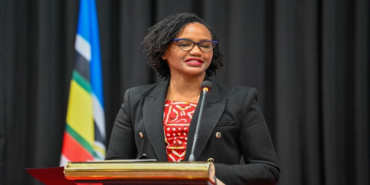
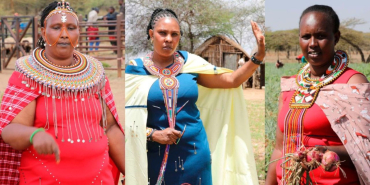
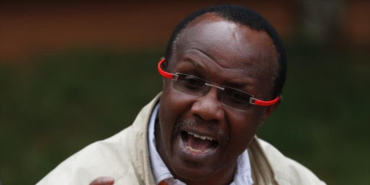
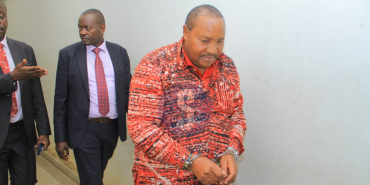
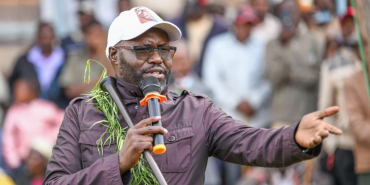
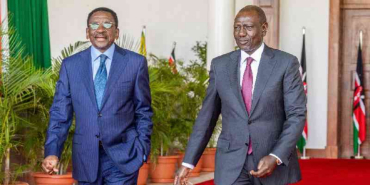
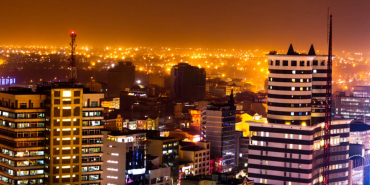
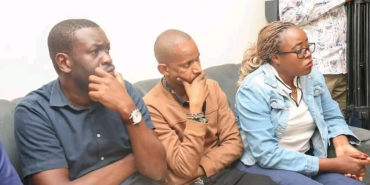




Add new comment